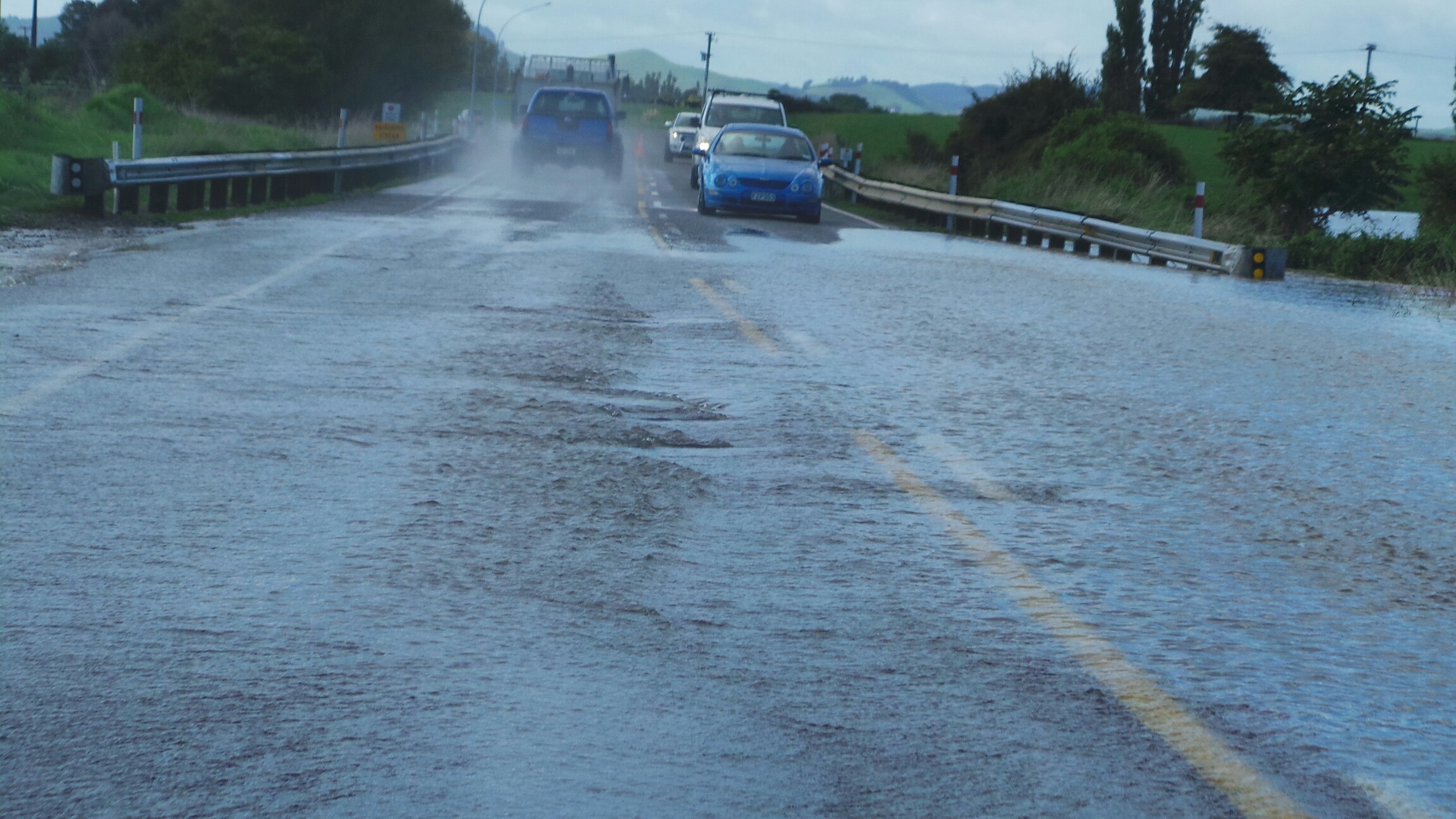Canterbury researchers are receiving EQC funding to investigate how climate change could increase the risk of damage triggered by earthquakes and landslides.
The team is led by Te Whare Wānanga o Waitaha | University of Canterbury School of Earth and Environment Senior Lecturer Dr Timothy Stahl, who says earthquakes and landslides are two of Aotearoa New Zealand’s deadliest and most costly natural disasters.
“Cumulatively, landslides have caused more deaths in New Zealand than any other natural hazard and lead to $300 million in insurance claims each year. Our research programme spans geology and disaster risk resilience and provides a better fundamental understanding of these processes.
“We plan to create up-to-date models for these hazards that will ultimately allow us to be more prepared and resilient. We’ll also drive new research into how natural disasters such as landslides, cliff collapse and flooding triggered by earthquakes, are affected by climate change.”
He says this is a high priority area of research because a warming climate and more frequent storms will continue to increase the cost of insurance claims and have a profound impact on people’s lives and property.
“It’s very important because climate change, which is linked to varying storm frequency, intensity and duration, has an impact on several other hazards."
“If you have more saturated ground prior to an earthquake this increases the risk of earthquake-induced flooding and also means there’s a greater risk of landslides on hillsides.
“Rising sea levels and rivers running higher will also change patterns of earthquake-induced flooding.”
The research team is one of three from the UC recently awarded funding from Toka Tū Ake EQC to fill knowledge gaps and improve engineering practices. Each programme will receive $450,000 over three years from 2024.
Dr Stahl says the study will expand geological data at key locations along active faults, produce better models of earthquake and landslide multi-hazards, and improve guidance for building near active faults.
“The intended outcome of our research is reduced consequences of earthquake and landslide multi-hazards in a changing climate, as well as training the next generation of hazard and risk specialists to ensure broad capability across Aotearoa New Zealand.”
The programme is based in the Tectonics and Disaster Risk Resilience group at UC. The other members of the team are Senior Lecturer Dr Tom Robinson, Professor Andy Nicol and Postdoctoral Fellow Dr Camilla Penney, from the UC School of Earth and Environment in the Faculty of Science.



3 comments
The Master
Posted on 28-09-2023 13:03 | By Ian Stevenson
That will be interesting, the answer is obviously already, there will be none as there isn't any "climate alarmist" dramas related. LMAO.
Perhaps the slightest link is that as a result of the last Ice-age ending 15,000 odd years ago (logically the earth has then warmed up a little... not human caused of course...) that the lack of widespread glaciers "everywhere", like 1km thick as far south as New York... maybe somehow retrospectively caused by current human activity....
Some will create drama and do anything for the money - a little sick isn't it?
The Master
Posted on 28-09-2023 13:10 | By Ian Stevenson
Actual science and data and observations show less storms and less server storms now than say 100 years ago,
There is certainty about one thing, that the climate/weather is variable. It has cycles, patterns and change, that much is inevitable.
No one yet has scientifically (based on data, observations and facts/evidence) provided that: -
- There is human caused climate change?
- That CO2 causes climate change? (data following the same or similar pattern is not an assurance of link = caused effect).
- The three most significant elements that impact earth temperature are: - The Sun, Milankovitch cycles and water content of the atmosphere. These are all ignored by IPCC, the "created models" that they rely upon. The entire thing is a 100% hoax/scam.
By ignoring and so excluding these factors anything related is then slef deemed
as meaningless
The Master
Posted on 29-09-2023 17:11 | By Ian Stevenson
I am unsure how a study of earth quakes relates to slips, climate change etc?
Quite how that kind of study is going to assist anything is a bit of a mystery? I guess that would be helpful to climate alarmists game plan, where a lot of room for "creative" reporting will then be possible?
Leave a Comment
You must be logged in to make a comment.